How to Get Out of Your Own Way
“It's me, hi, I'm the problem, it's me”…..
Not to go on some Taylor Swift tangent, but you may have heard people quoting this line A LOT these days from her song, Anti-hero.
Since you may be aware of that line (or, you are now aware of it), in the life coaching space, the premise of these lyrics is at the core of what is meant by “being in our own way”. Sometimes we are the reason that things aren’t going the way we wish.
It can sound like a harsh reality, but in any given situation, there are many possible contributing factors. Since we are one of the factors, it stands to reason that we must consider our role. Let’s look at how this might show up.
For example, we might be:
>leaning into ideas and reasoning we believe to be the truth about a situation, without considering other possibilities,
>holding onto a past truth about a situation, therefore repeating associated behaviours, when in reality, the situation has changed and past behaviours no longer serve,
>making excuses to stay put because staying put is easier, and more familiar. Our brain looks for the familiar, for patterns it knows, which, if we aren’t aware, keeps us repeating behaviour that might not serve where we are trying to go now. (And a note, even chaos, and drama are patterns that our brains may choose if that is what we’re used to. It’s familiar, even though it might not be good for us or help us grow into who we wish to become).
Now, it is important to remove the judgment that is part of this idea, (“I’m the problem”) and move toward looking at things with interest and self-awareness, because, let’s face it, we can’t change what we don’t acknowledge or maybe what we aren’t even aware of. And if we’re beating ourselves down about something, that is not motivating or supportive.
To help us explore whether we might be in our way as we’re looking to grow or solve problems, I invite you to listen for these top 2 red flags I’ve heard time and again when we are (myself included) in the way of a solution:
> Notice your first response. Is it always “no, that can’t be done”? Many of us default to “no” when looking for solutions. Why? We’re scared of change. “No” is a familiar answer. We don’t believe in ourselves. It supports us staying put where we are.
> Notice the “yeah-buts”. People come up with all sorts of yeah-buts when they’re asked tough questions. Example: someone wants to improve their fitness level, and for every reasonable (i.e. within the scope of time and space the client has) suggestion, the client gives a “yeah-but” reason as to why they can’t bring the suggestion to life. If the suggestion to support the desired change is realistic, then it is worth consideration. Reserve the yeah-buts, as those are just defending your current position which isn’t where you want to stay anyway, right?
What do you think? Have you noticed yourself getting in your way?
And what do you do when you hear yourself saying these types of things? Maybe try some of these questions.
>> “Is there another way to see this situation?”
>> “Why do I want to say no”?
>> “Why am I defending my position so strongly?”
>> “What am I afraid of?”
Cheering you on to get after what you want, leaving the “nos” and “yeah-buts” behind!
Deanna
